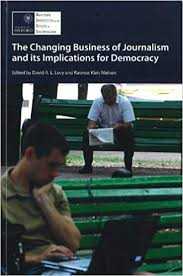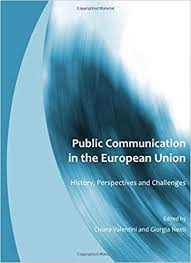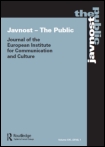Abstract
This chapter argues that, in spite of the economic crisis that has affected the media in Germany, the infrastructure of the German media system is still suited to providing for accountability journalism as a core element of the democratic constitution of society. The conditions for journalism are still more favourable than in some other Western countries, due to stable market structures, policy provisions for public service broadcasting and a media culture heavily influenced by the idea of a public sphere as a critical forum for debate about issues of common concern. There are, however, pressures that will likely aggravate in the long run if left unresponded to. This chapter identifies five countermeasures pursued by German media organisations to tackle the challenges of declining revenues from traditional advertising, shifting audience preferences, and the internet. As a complementary strategy, German publishers have drawn up a wish list of media policy responses designed to improve general framework conditions of the press, and they lobby very hard in Berlin and Brussels for their implementation at the national and European level. Assessing the overall scope of the current difficulties the chapter concludes that we are observing a ‘strategic crisis of newspaper publishers’ but no general media crisis, and certainly no crisis of democracy in Germany.

Esser, Frank; Brüggemann, Michael (2010): The Strategic Crisis of German Newspapers. In David A. L. Levy, Rasmus Kleis Nielsen (Eds.): The Changing Business of Journalism and its Implications for Democracy. Oxford: Reuters Institute for the Study of Journalism, pp. 39–54. Available online at https://reutersinstitute.politics.ox.ac.uk/our-research/changing-business-journalism-and-its-implications-democracy.


